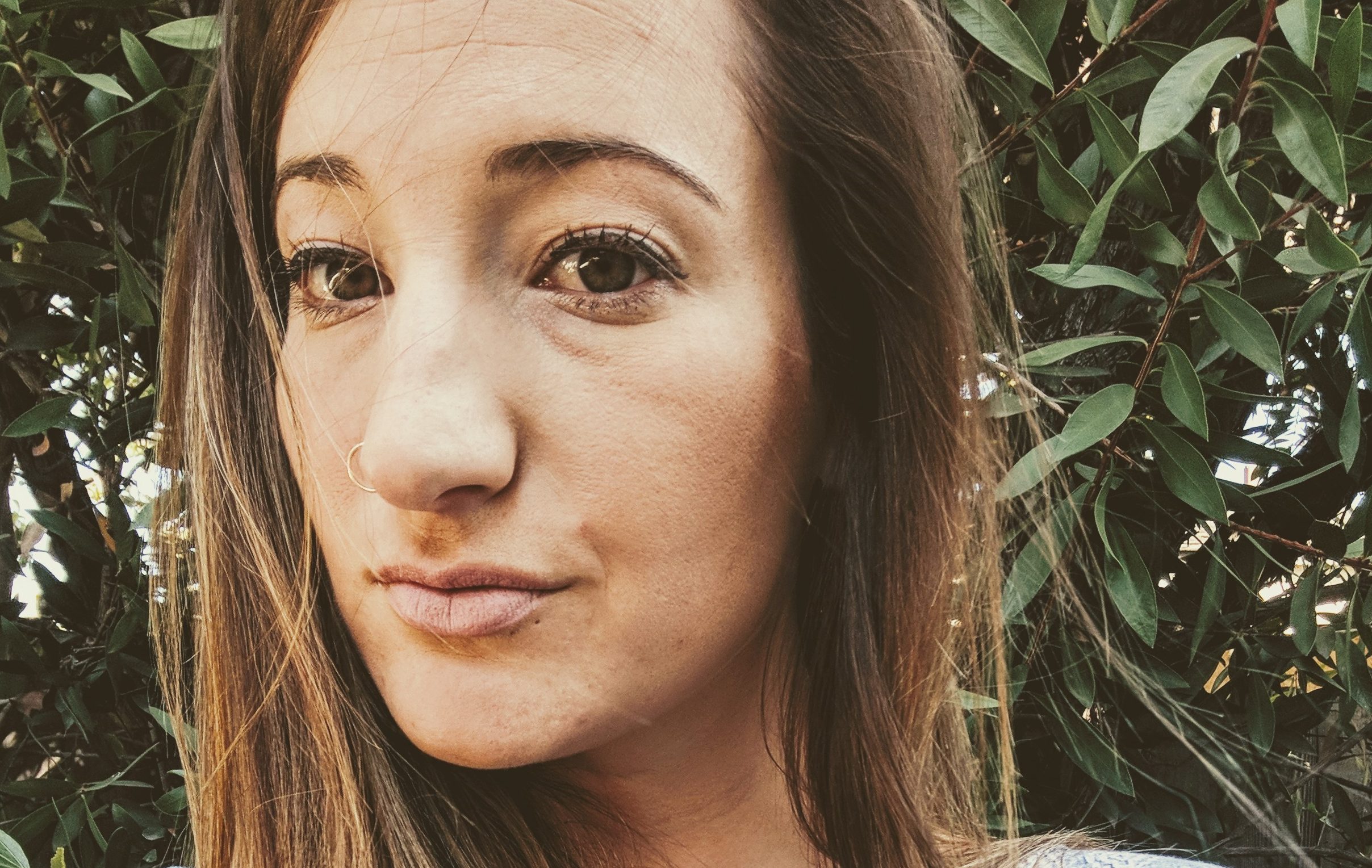
It became clear to me fairly early on that I did not experience emotions the same way that most people did. The majority of my life I felt numb, as though everything was far away. My emotions were shadows. It was as though there was a thick layer of fog around me. I intellectually knew when it was appropriate for me to feel a certain way, but I remained completely unaffected. I felt like a shell of a human being. This state of being was periodically interrupted by a thoroughly suffocating and incapacitating sadness.
I was never able to explain why I felt this way, but I remember having the distinct belief that somehow the way that I felt was wrong: the feeling of wanting to be happy, of knowing that I had every reason to be happy, but wanting nothing more than to sink down into the floor and cease to exist. I would also experience rapid and drastic shifts in mood, and my reactions would be completely disproportionate to whatever mundane event had triggered me. I was plagued by a constant dread of being alone forever. I was suspicious of people’s motives and trustworthiness, and my opinions of others would dramatically change without warning. I woke up every day and felt like a different person. Gradually, I began to fear my emotions. I began cutting and burning myself as a way to regulate them. Feelings represented something unsafe to me, something I was not able to control. And all of this was before I put a drink or a drug in my body.
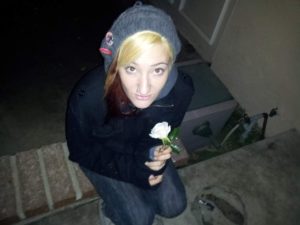
My experiences have led me to believe that in a safe and accepting environment, most people are able to express their thoughts and feelings with relative ease. The process seems about as effortless as opening a book, seeing the words on the page and speaking them aloud. For myself, this exercise has never come naturally or easily. Identifying and then articulating my emotions has always felt similar to looking at a modern abstract painting and attempting to interpret it. Instead of seeing something clear and comprehensible, I see a disorganized semblance of lines, shapes and colors.
I was diagnosed with severe depression and Borderline Personality Disorder (BPD) in my mid-teens. My therapist believed the depression was due to a genetic chemical imbalance that I may or may not grow out of; she suspected that the BPD was triggered by a traumatic incident from my childhood. I learned to use drugs and alcohol to alleviate my depression, and I found that men could make me forget the emptiness and instability I experienced as part of the BPD. I used to view myself as emotionally defective and ill-equipped to cope with life. I honestly didn’t think I would ever be capable of being happy or functional. I saw myself as a broken toy that was much easier to replace than fix. I hated myself for not being like other people. I was filled with guilt and shame for not wanting to be alive. I saw the fact that I had to take pills every morning to be “normal”, just to be like other people, as a terrible injustice. The most painful part was that I wasn’t able to admit any of this, not just to another person, but to myself. The acknowledgement of these facts would have been too much for me to bear. There was simply no point in identifying a problem that had no solution.
Towards the end of my active addiction, my morning routine consisted of waking up and contemplating whether or not I should kill myself. Nearly every time I drank or used, I would slip into psychosis, unable to distinguish what was real from what was not. I was plagued by debilitating panic attacks 3 to 4 times a day. I could physically feel my mental faculties unraveling. I would self-harm just to confirm that I was still alive, still existing, even if just barely.
On June 24, 2017, I made the decision to try and end my life. Nothing spectacular happened that day that sent me over the edge. I simply woke up and felt exactly the same – like there was a void inside my heart the size of a freight train; the only difference is that the suspicion that things were never going to get better had evolved into a belief. Without making any attempts to reach out for help or get a second opinion, I believed to my innermost core that I was too far gone to ever come back. I sincerely believed that no one in the world cared about how I felt or could relate to my experiences. I felt truly and utterly alone.
By the grace of God, alongside a multitude of miraculous circumstances, my life did not end that night. I was released from the hospital 4 days later, and I entered a 28-day treatment program at a rehabilitation center that specializes in dual diagnosis – that is drug and alcohol addiction as well as psychological and mental disorders. For the first time, I was educated on the disease model of addiction and alcoholism, which sheds light on the literal hijacking of the frontal lobe due to permanent changes made in the brain as a result of heavy drug and alcohol use. It was here that I was exposed to cognitive behavioral therapy as a means to help manage my depression and personality disorder, along with being prescribed the appropriate psychiatric medications. For the first time in my life, I felt a faint hope that maybe I was capable of recovery.

For my first few months of sobriety, I continued to carry with me the belief that it was not safe for me to let myself feel and process my emotions. I knew that my only chance at living life was to stay sober, and in order to do that it would be necessary for me to constantly stuff my emotions down, or find a new way to numb myself that didn’t involve drugs or alcohol.
However, upon entering the world of recovery, I learned that would not have to be the case. I was introduced to sober men and women who were comfortable in their own skin, and displayed the ability to gracefully experience the entire spectrum of human emotion. I found an environment that encouraged me to express my thoughts and feelings in order to discover that I could not be further from alone in my experiences. I have friends that have taken the time to educate themselves on Borderline Personality Disorder in order to help me identify and manage the various symptoms. While we are extremely careful to maintain a healthy respect for the seriousness of addiction and mental health, we simultaneously find reasons to laugh every chance we get.

Although the transformation has been slow and challenging at times, today I have the gift of being known by the people around me. I am learning how to be open and vulnerable by watching others present their unfiltered experiences and be met with nothing but love and acceptance. I have stood before a room full of people and shared the parts of my life that used to fill me with guilt and shame. I speak openly about my struggles with impulse control, sex, self-harm and self-loathing. And by continuing to do this, I am slowly chipping away at the power that these have over my life. Whether it is eating disorders, manic episodes, sexual and physical abuse, post-traumatic stress disorder, or anxiety there is absolutely nothing that is off limits.
On a daily basis I experience the emotional and spiritual healing that takes place by surrounding myself with individuals who don’t simply accept my struggles and flaws, but find reasons to celebrate them. My brain does not work the same way that everyone else’s does, and I’ve learned to embrace this part of myself too. I believe that this is where my creativity and ability to write come from; it is the foundation for my sense of humor. By learning to accept myself exactly as I am, I am developing an intense empathy and love for others.
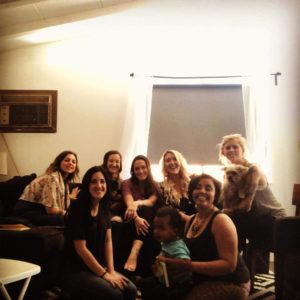
While I have become completely immersed in this open and supportive environment, I recognize that my circumstances are not terribly common. I was recently out with friends who were casually swapping stories about their visits to the psychiatric ward, when I noticed a few nearby groups of people glancing around uncomfortably upon overhearing the topic of our conversation. These are the moments that remind me that there are so many people who have never experienced an environment that facilitates open discussion about these types of issues. It is the avoidance of eye contact when I tell someone that I am alcoholic that leads me to realize that it was not my alcoholism or psychiatric disorders that drove me to a state of defeated and hopeless isolation, but rather the inability to talk about them.
I want to be very clear that I do not blame anyone or anything for the situation that I found myself in. But what I do want to emphasize is the importance of educating ourselves on the things that we do not understand so that they no longer make us uncomfortable. We have a duty to one another to express our truest, most authentic selves and to give comfort to those who can relate while they are still struggling to find their own voice.
Collectively, it is time that we find the courage to speak out loud about the addiction and mental health issues which plague so many of us and our loved ones. If you are unfamiliar with these issues and find yourself feeling uncomfortable when they are brought up, I would ask that you find the courage to listen. Together we can move towards discussing these topics openly and without shame.
I write all of this because it is of the utmost importance that you can concede to your innermost self that you are never truly alone.

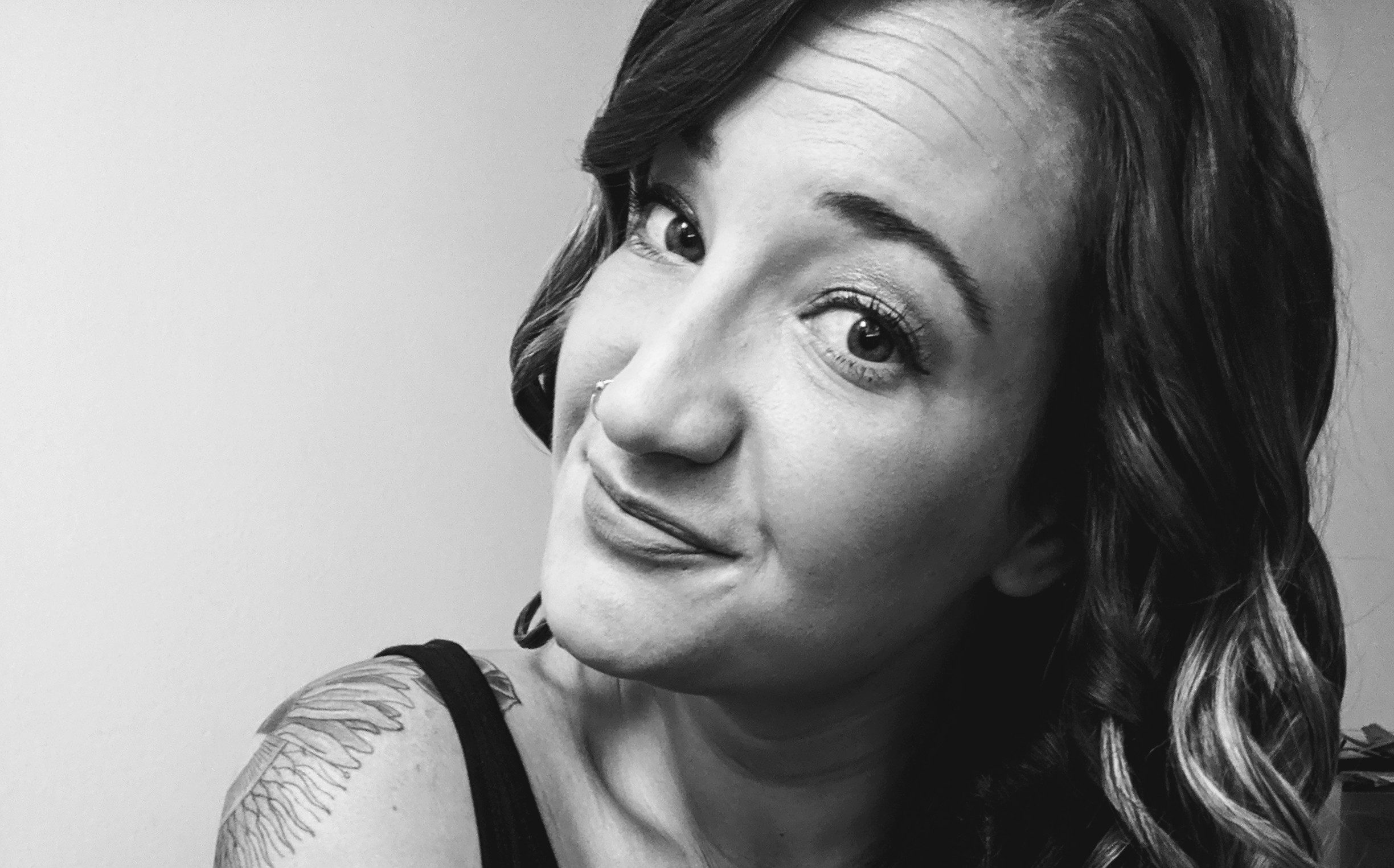
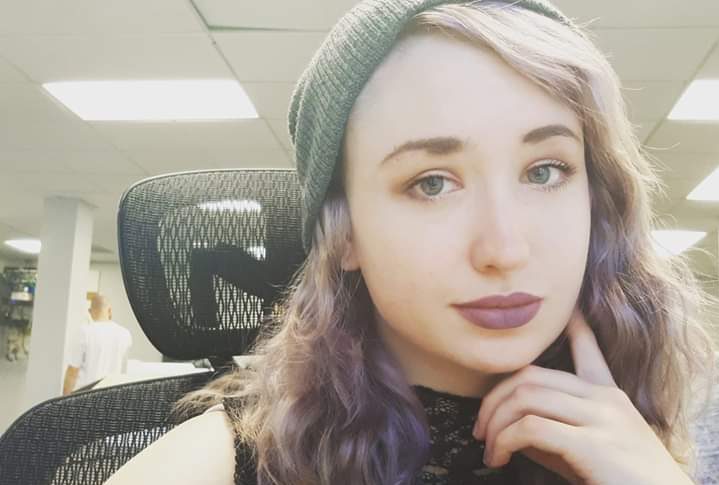








This is an amazing testimony Kim and your an amazing person. You make a difference in my life today. This reading made a difference and will for many others too. Thank you for your effort and ability to put in words that many of us can only feel. You are a warr;or.
Much love, Branden
Slayer, I am thinking specifically of when I was harmed, though temporarily, by ECT in 1996, I did not admit it, even to myself, for over a decade. I assumed it was mental illness but I never agreed with their BPD claim. When I published my memoir in 2009 I still thought it was “illness but I left it as undefined. It took a while. Then, I figured it out. That is a very long time.